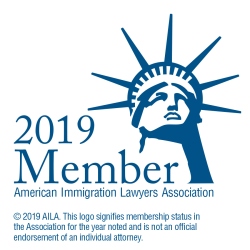On May 12, 2014, USCIS published a proposed rule that would extend employment authorization to certain H-4 dependent spouses. The extension would be limited to H-4 dependent spouses of H-1B nonimmigrants who are either the beneficiaries of an approved Immigrant Petition for Alien Worker (Form I–140) or who have been granted an extension of their authorized period of admission in the United States under the American Competitiveness in the Twenty-first Century Act of 2000 (AC21).
As explained in the Federal Register,
The lack of employment authorization for H–4 dependent spouses often gives rise to personal and economic hardship for the families of H–1B nonimmigrants the longer they remain in the United States. In many cases, for those H–1B nonimmigrants and their families who wish to remain permanently in the United States, the timeframe required for an H–1B nonimmigrant to acquire lawful permanent residence through his or her employment may be many years. As a result, retention of highly educated and highly skilled nonimmigrant workers in the United States can become problematic for employers.
So although not all H-4 dependent spouses will get employment authorization, the proposed rule will still have a positive impact on both immigrants and their U.S. employers. This is especially true considering that many I-140 beneficiaries face huge backlogs in visa availability dates and will therefore be unable to adjust their status for several years.
Here’s the link to the proposed rule: http://www.gpo.gov/fdsys/pkg/FR-2014-05-12/pdf/2014-10734.pdf




